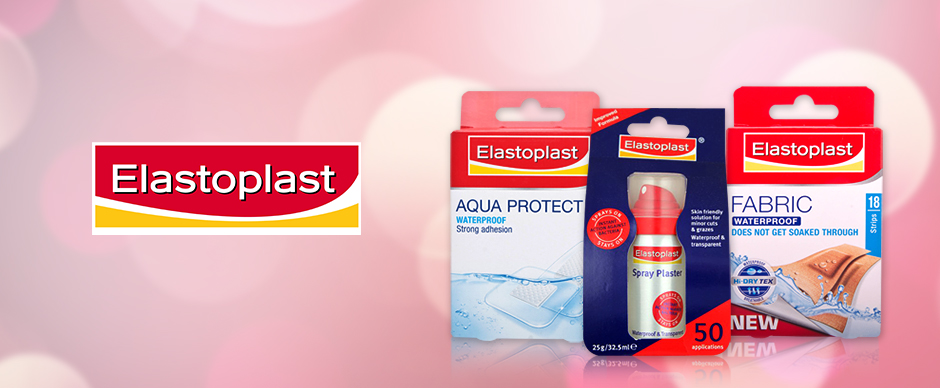
How to deal with childhood emergencies: some general rules
Stay calm and smile:
Your child will sense if you panic but will be reassured if you show you are in control and are there to help them
Check your surroundings are safe:
Don’t put you or the child at risk
Reassure the child and keep them warm:
A cuddle and a kiss can work wonders too!
Try to avoid children seeing blood:
The sooner a child’s got a plaster on, the better they’ll feel
Prevent infection:
If possible wash your hands before applying dressings or wear disposable gloves.
Be prepared:
Ensure you have a well-stocked first-aid kit and replace anything you use as soon as possible.
Recommended contents for a first-aid kit:
- 10 adhesive plasters in assorted size
- Sterile dressings in assorted sizes
- 1 large sterile eye patch
- Gauze roller bandages
- Adhesive allergenic tape
- 6 safety pins
- Disposable gloves
- 2 small plastic bags for disposal of used dressings
- Saline solution for washing wounds
- 6 safety pins
- Antiseptic wipes for cleaning wounds
- 2 Round nosed scissors
Remember Dr ABC:
Danger – assess if either the child or you are in danger
Response – ascertain if the child is responsive
Airway – check to ensure airway is open
Breathing – once the airway is open ensure they are breathing
Circulation – check there are no major injuries that could cause blood loss
If you’re in doubt ask for medical help. In these incidences you must visit A&E or call an ambulance:
- Unconsciousness
- Breathing problems
- A deep wound or one with something embedded in it
- A cut which oozes pus
- A severe burn
- A suspected fracture or broken bone
- A severe allergic reaction
- A snake or animal bite
- Poisoning
- Severe shock
- A nosebleed or bruise following a head injury
- Any condition which turns rapidly worse
Do:
- Stay with the child and get someone to call for help
- Stay calm
- Tell medical professionals everything you can
Don’t:
- Don’t move the child if there’s any chance they’ve hurt their back or neck
- Do not give them anything to eat or drink in case they need surgery

